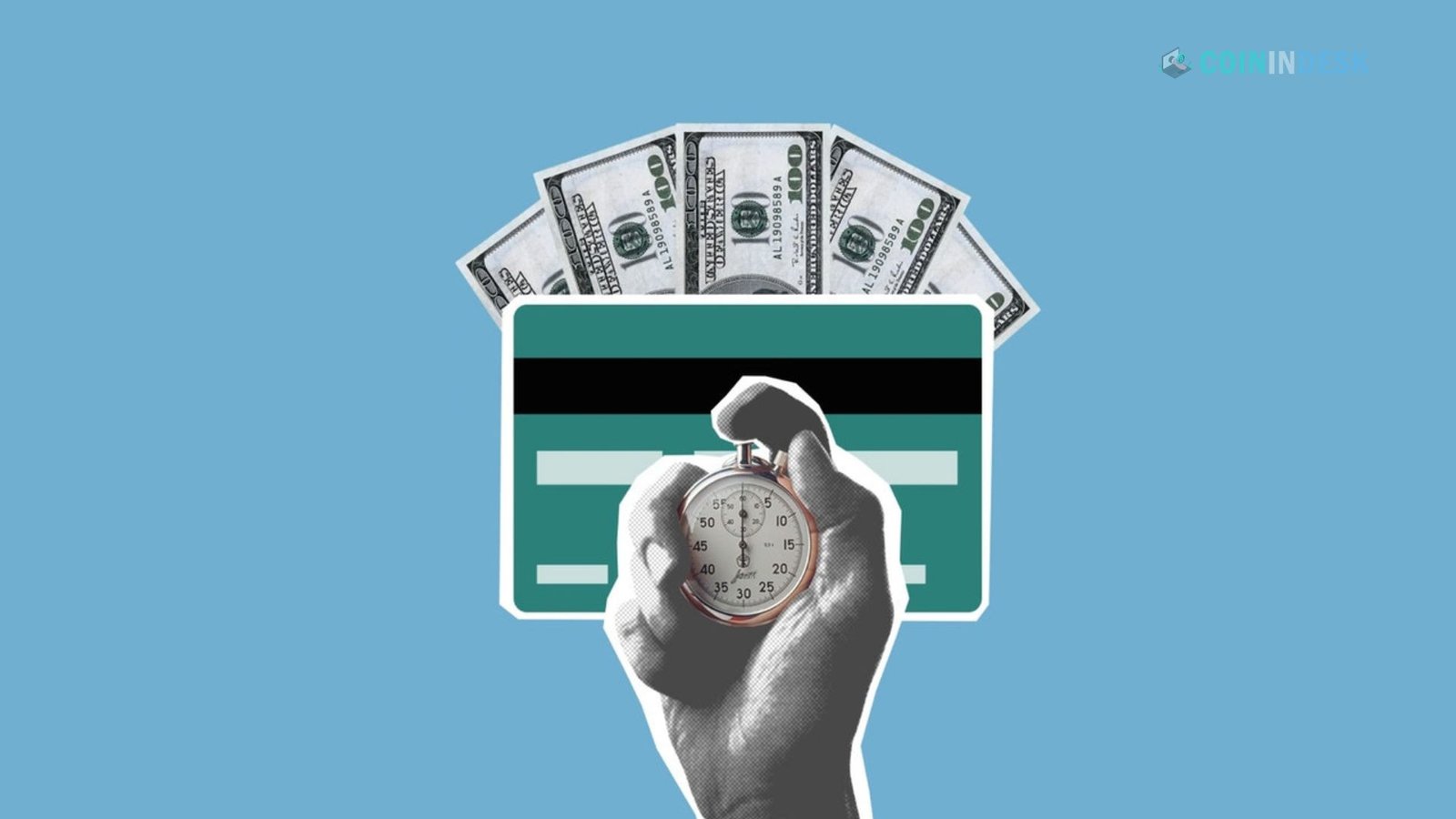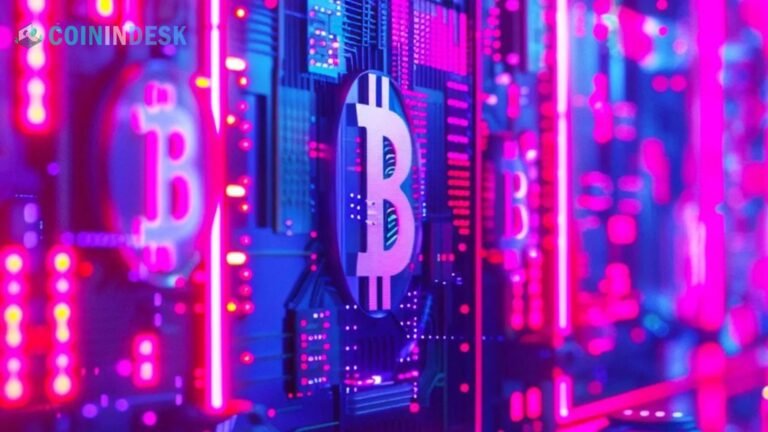Cryptocurrency and blockchain technologies are essential to the fast-paced digital finance revolution. Traditional financial systems are facing competition from decentralized alternatives, changing the very nature of Money. Whether the world’s fastest blockchain has the key to determining the future of Money is one of the most intriguing questions in this domain. The capacity to retain transaction records safely and transparently is already well-known in blockchain technology, which is the basis of digital currencies such as Bitcoin and Ethereum.
Nevertheless, scalability and transaction speed issues have persisted for quite some time. So, the competition to create the fastest blockchain is heating up. This article discusses the potential impact of the Fastest Blockchain on international economies, financial systems, and Money.
Understanding Blockchain Technology
A solid grasp of blockchain technology’s foundational principles is necessary before exploring the finer points of the quickest blockchain. Each “block” of data in a blockchain is connected to the one before it, creating a decentralized ledger of transactions. This one is more secure and less susceptible to fraud than conventional centralised banking systems because of its decentralized design, which eliminates any one point of control or failure. Blockchain technology has gained much attention due to its use in cryptocurrencies, but that’s not where its potential ends.
However, blockchain now has problems with scalability, particularly with transaction speed. Transaction verification could take a long time when a blockchain network is busy. Since speed and scalability are crucial for broad adoption, the hunt for speedier blockchains becomes relevant.
The Race for the Fastest Blockchain
Several blockchain initiatives are vying to be the fastest blockchain in the world. Speed means the number of transactions a blockchain can handle in a specific time, usually expressed as transactions per second (TPS). Blockchains with high transaction processing speeds are more suited for widespread use.
For example, one of the most popular blockchains, Ethereum, has problems with how quickly transactions are processed. Regarding apps that demand real-time transactions, Ethereum’s network’s capacity of 30 TPS is woefully insufficient for large-scale use. Alternatively, more recent blockchains like Solana have surfaced, claiming to be capable of processing thousands of TPS. Solana’s blockchain is one of the fastest networks, executing over 65,000 transactions per second.
Why Speed Matters for Future Money
In the monetary system of the future, speed is paramount. Faster and more efficient transactions are necessary to keep up with the demands of a worldwide economy as the globe becomes increasingly digital. Banks and payment processors like Visa employ systems that handle thousands of transactions per second. However, these systems are centralized, making them susceptible to failure, fraud, and inefficiencies.
A blockchain that can decentralize and process transactions rapidly can offer many advantages. First, it would eliminate intermediaries and enable immediate peer-to-peer transactions, lowering transaction costs and making them more accessible. Furthermore, faster transaction settlement may reduce fees and fewer payment system bottlenecks. Industries like remittances, where individuals frequently encounter hefty costs when sending Money abroad, might greatly benefit from this.
The Implications for Global Financial Systems
The fastest blockchain’s incorporation into international monetary systems has the potential to transform the movement of capital across borders radically. These days, dealing with foreign exchange may be tedious, expensive, and intermediary-heavy. The costs charged by conventional banks and Money transfer services are usually somewhat substantial, and the settlement time for transactions can easily exceed a few days.
A blockchain-based system that processes transactions in seconds might drastically cut expenses and processing times by eliminating intermediaries. In addition, blockchain technology’s immutability and safety can potentially lessen fraud instances and boost participant confidence. A decentralized finance (DeFi) infrastructure that uses a lightning-fast blockchain, for example, might facilitate instantaneous settlement in addition to many other financial activities, including lending, borrowing, and trading.
Conventional banks may play a more minor role in this emerging financial system. While banks would still have a place in the industry, blockchain technology might make many consumer-facing processes much more accessible. A quicker blockchain has the potential to become the backbone of financial systems that enable individuals and enterprises equally as the globe strives for greater financial inclusion.
The Potential for Cryptocurrencies as Everyday Money
Is the quickest blockchain going to make cryptocurrencies people’s go-to form of payment? So far, so good. A big problem with several blockchains is their sluggishness and hefty transaction costs, which have prevented cryptocurrencies from being widely used. A blockchain’s potential to facilitate daily transactions depends on its ability to provide almost instantaneous transactions with low fees.
This may pave the way for decentralized payment systems backed by cryptocurrencies that function similarly to fiat currency but do away with the middlemen—banks and credit card firms. If digital wallets enabled by lightning-fast blockchains were to supplant conventional wallets, customers could utilize their cryptocurrency for anything from paying bills to supermarket shopping. Another critical player in this future might be stablecoins, which are cryptocurrencies linked to fiat currencies like the US dollar. Stablecoins provide price stability while still taking advantage of blockchain technology’s benefits.
Overcoming Challenges to Mass Adoption
Several obstacles must be surmounted before the world’s fastest blockchain can revolutionize Money. Concerns about scalability are among the most significant challenges. It is critical to ensure that these systems can scale efficiently as demand develops, even if some blockchains can handle thousands of transactions per second. Too much traffic on a blockchain might reduce its speed, rendering it useless.
There is also the issue of unclear regulations. Cryptocurrencies and financial systems built on the blockchain remain a regulatory hot potato for governments and banks. The implementation of new rules has the potential to speed up or impede blockchain adoption. It will also take time for the general public to change their sceptical view of blockchain technology and cryptocurrencies to accepting.
One last thing to consider is energy usage. Processing transactions on specific blockchains, such as Bitcoin, consumes substantial energy. While newer blockchains are developing consensus processes that use less energy, people will still discuss how blockchain technology affects the environment.
Conclusion
Given the ongoing competition to create the fastest blockchain, it’s safe to say that blockchain technology will significantly impact the future of Money. If it can solve its scalability and regulatory issues, blockchain technology has the potential to revolutionize the financial sector by creating a more accessible, affordable, and speedier system. A new method of exchanging value may emerge from the most expedited blockchain, leading to decentralized apps and currencies that function independently of the current monetary system.
Thanks to the maturation of blockchain projects and other technological developments, the future of Money will include more than digital currencies. It will incorporate a decentralised, blockchain-based infrastructure to meet the needs of a global, real-time economy. Not only may the quickest blockchain in the world hold the key to future Money, but it could also revolutionize how the world’s finances are done.


